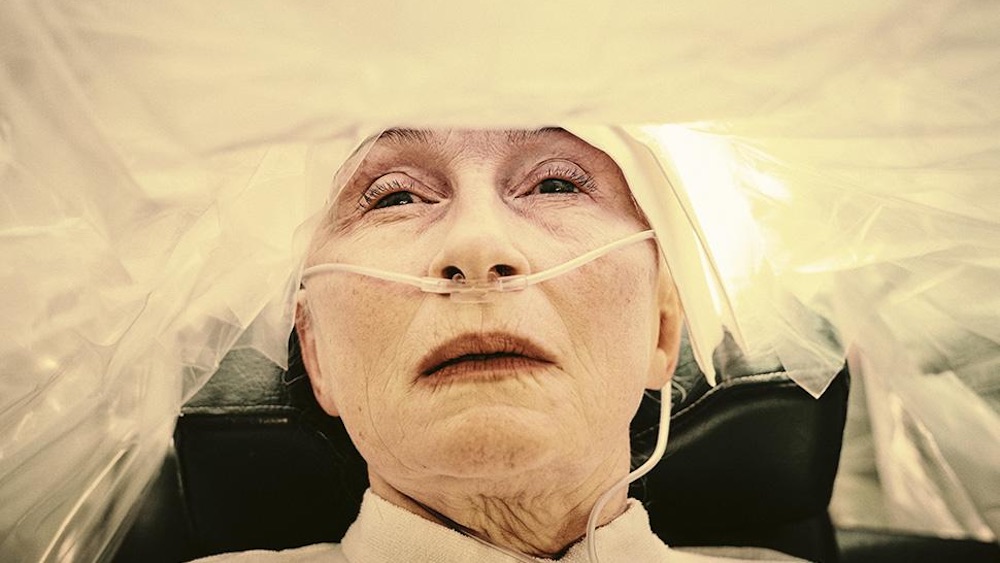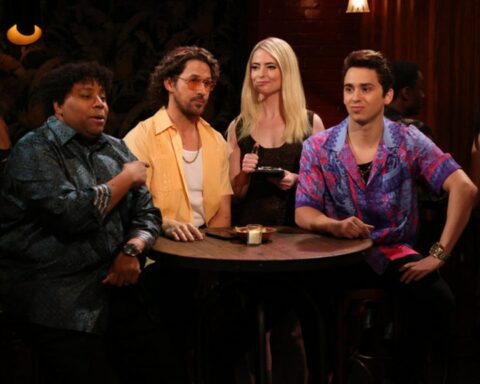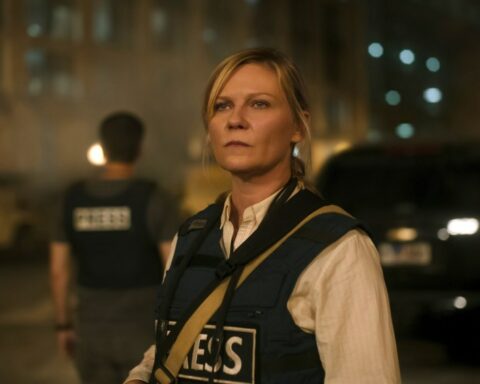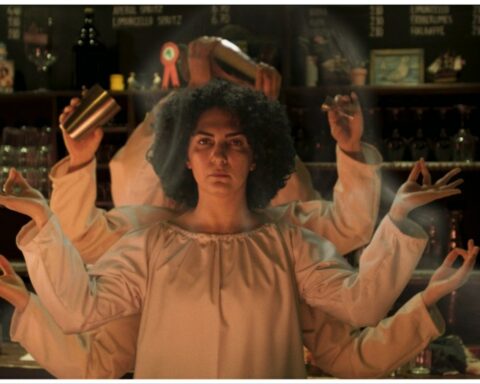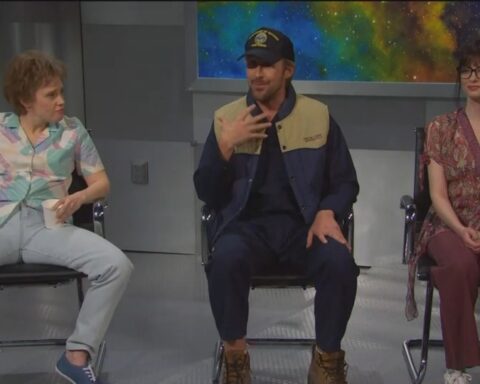Dystopian narratives have been popular with filmmakers lately, in times when dark prophecies resonate. But sometimes life pens a much better script than any screenwriter could, as is the case with Giulia Amati’s “Kristos, The Last Child,” which has its world premiere Friday in Venice Days, a sidebar of the Venice Film Festival. Leipzig-based Deckert Distribution has taken on world sales duties.
Arki is a small island on the east side of the Aegean Sea, populated by approximately 1,000 goats and 30 people. There is no mayor, no pharmacy, no police station and no cinema. But there is a school – and it has only one student, Kristos. If the boy wants to continue his education, he’ll have to leave his home and family. Will he decide to take this risk? Or will he stay with the loved ones to help preserve the family business and long-kept traditions?
Accomplished documentarian Amati (“Shashamane,” “This Is My Land… Hebron”) remembers Arki very well from her childhood. “We used to sail by it with my dad,” she reminisces. “When my father died a few years ago, destiny brought me back [there]. I visited with a journalist friend who, sometime after, sent me an article about the last child on that island. I felt very moved and wanted to meet the boy.”

Over time that intimate idea for a short doc turned into a feature film.
In her previous films Amati successfully portrayed closed communities and over the years she’s “became sort of specialized in getting herself accepted.” Misrepresentation is a big ethical no, no for the director, so she had to really understands her protagonists, their priorities and goals.
Kristos’ teacher Maria, his sole educator, was enthusiastic from the get-go. Amati immediately bonded with the boy, whom she describes as “very kind and intelligent.” The whole project relied on the parents. “That was probably the most difficult part to handle. I was going there every month, for one year. That’s a lot. There were moments when they felt a little awkward. Why would someone film them when they’re selling the goats?,” recalls Amati, who, after completing her film, could feed a baby goat in her sleep.
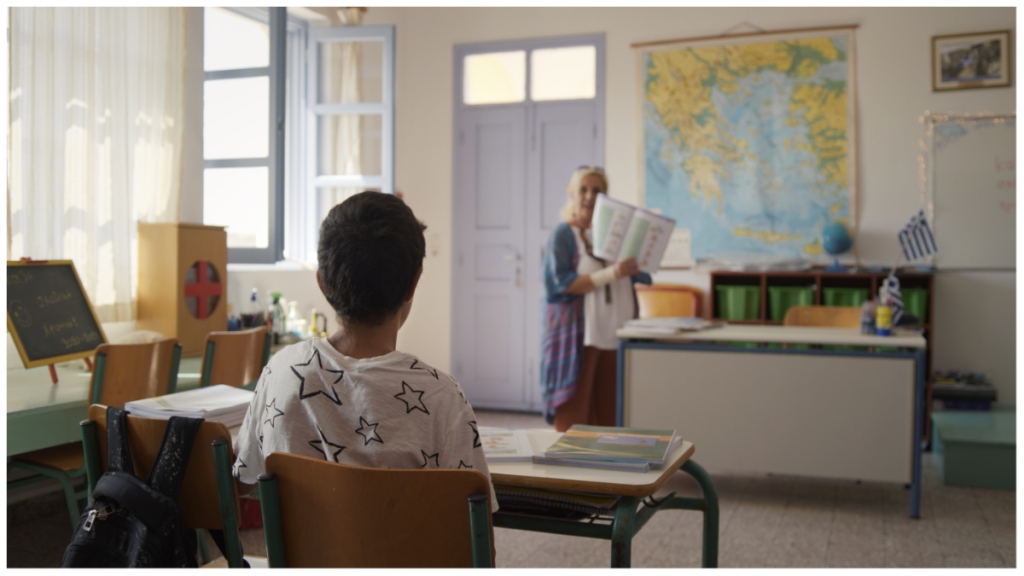
The film was shot amongst the Covid pandemic. “Of course, we had difficulties like everybody, but it was also a blessing to be on the island, in the nature, in a time like this.”
Amati’s does not seek any distractions while following the steps of Kristos and his family. Despite her focus on Kristos and the here and now of his life on the island, the story is open to drawing contemporary references. “To make a film about a child’s right to finish his compulsory education would be the easiest. We live in a society where institutional education is something that’s been shaped throughout the centuries and it is important to grant this right to the children. But throughout the process I realized it was much more complicated than that. Kristos might not be great at socializing but is an extremely mature boy for his age. His family also provides him with a great deal of knowledge, knowledge that school cannot provide: practical, the connection with nature, which in our digital era can be very powerful and important, almost primal.”
Watching “Kristos…” one can easily reflect on the nature of demographic crisis. Or analyze the changing gender dynamic and social patterns. Such connotations are no surprise for Amati, who may not show the outside but is well aware of it.
“In the past men of Arki would just take wives from different islands and girls born in Arki were given as wives to men on other islands, these were arranged marriages. Kristos is the last child of this system. Today no woman would agree to go to an island where there is no pharmacy or cinema,” she says.
But her goal was not building a social analysis but to make a parable. “It was important to me to shoot the film in a way so that the audience does not really know if the movie was shot in biblical times, in the sixties or yesterday. If there were any visual marks suggesting it is now, I’d ask to hide that, like for example electricity lines in the frame. On a narrative level I wanted the story to be simple. In my mind I was thinking a lot about Greek tragedy. First of all, it’s a coming-of-age story where this child is losing innocence.”
‘Kristos, the Last Child’ Director Giulia Amati on Her Quest for Simplicity – Venice

